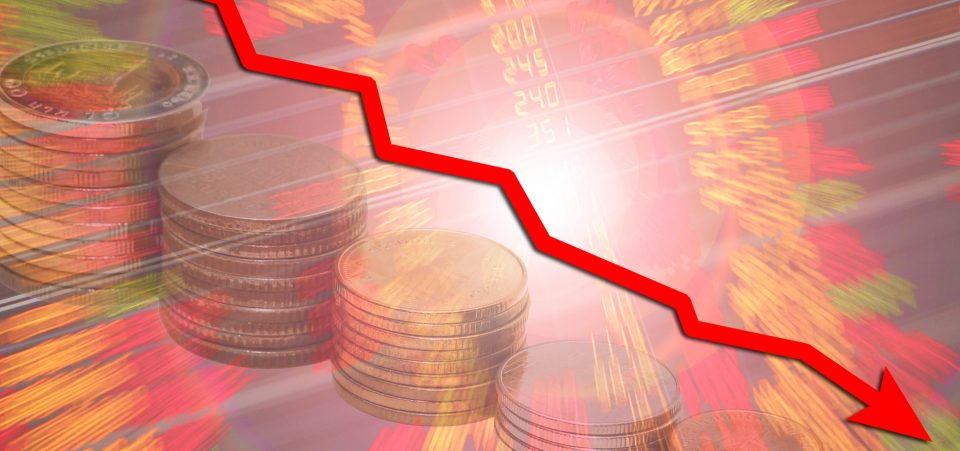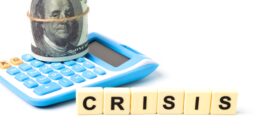Investors Beware: Valuations Foretell That a Stock Market Crash Is Ahead
The mainstream media may have you convinced that a stock market crash isn’t a likely scenario, but don’t get lured by the false optimism. Massive losses could be ahead in the coming months and quarters.
In fact, 2018 may end up being a very bad year for stock investors.
This is what you need to know: stock valuations really matter. If valuations are low, we see a bottom and a stock market rally isn’t far behind. If valuations are extremely high, a stock market crash follows.
That said, valuations are shooting through the roof these days. Investors are paying top dollar to buy stocks. This is not good. The high valuations imply that investors could be in for a lot of pain ahead.
Consider the cyclically adjusted price-to-earnings (CAPE) ratio, which is hands down one of the best indicators of valuations. It represents the price-to-earnings (P/E) ratio of the overall stock market, adjusted for inflation and cyclicality. It currently stands at 31.19 and has been above 30.0 for eight months. (Source: “Online Data Robert Shiller,” Yale University, last accessed April 23, 2018.)
The CAPE ratio figure by itself doesn’t really mean much. You have to look at it from a historical perspective. For instance, how high is it relative to the historical average? How did this ratio do near market tops?
Looking at the historical average, the long-term monthly average of the CAPE ratio is around 16.85. That means the U.S. stock market is currently trading 85.1% above its historical average.
While we are at it, consider that the CAPE ratio tends to come back to the historical average (or close to it). If we assume there’s a reversion to the sort of an event where markets come back to their historical valuations, we could be looking at a massive stock market crash.
During the crashes of 2000–2001 and 2008–2009, the CAPE ratio dropped to near the historical average. Around the same time, we saw a bottom form.
How Did the CAPE Ratio Act Around Previous Market Tops?
Don’t just stop there. The CAPE ratio standing above 30.0 is making a very strong case for a stock market crash. It is saying that a market top could be coming.
The last time it was above 30.0 for more than eight months was during 2000–2001. Guess what happened next? A stock market crash.
Indices like the S&P 500 and the Dow Jones Industrial Average (DJIA) witnessed massive drops. The S&P 500 dropped about 30% at that time.
Stock Market Outlook for the Rest of 2018 and Beyond
Dear reader, if you listen to the mainstream stock pickers, there seems to be a consensus that stocks are great long-term investments at the moment.
Sure, if you hold stocks long enough, you might do alright. But what if you buy and there’s a market crash right after?
Something like this happened to investors in 2007, when key stock indices were forming a top. At that time, valuations were relatively high as well. If an investor bought then, they didn’t really break even until 2013.
I believe that stock valuations need to be watched carefully. When I look at them, I can’t help but think that the next few months and quarters may not be great for stock investors, and that a crash could be looming.
Remember the old investment adage: buy low, sell high. Stocks are currently selling for too high, and they could go a lot lower.






